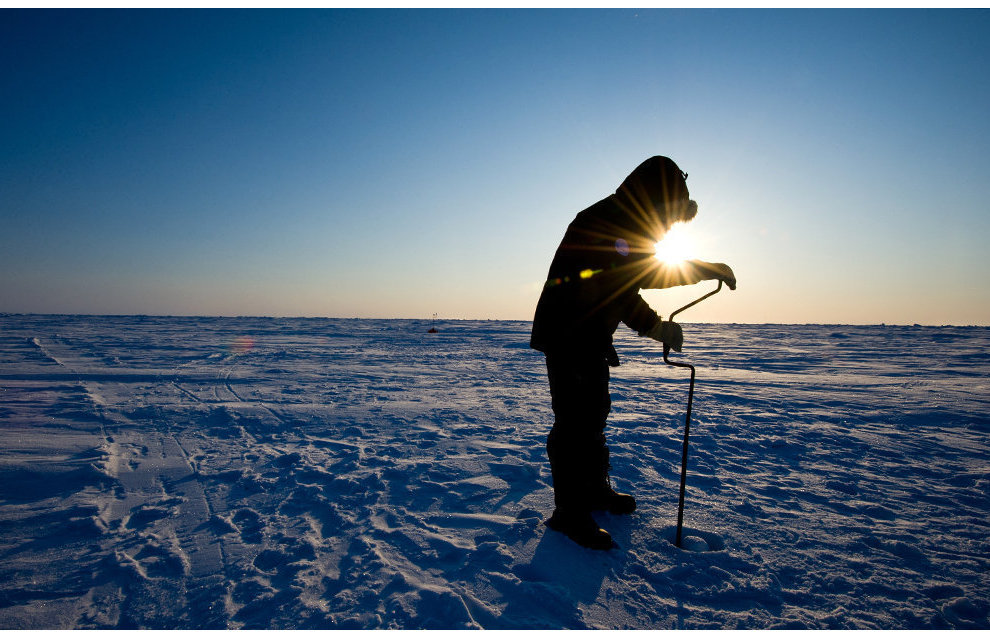St. Petersburg universities and scientific institutes received over 300 million rubles for Arctic research in 2022
More than 15 scientific centers in the Northern capital were included in research activities related to the implementation of Arctic projects in 2022.
“These are research institutes as well as technical, maritime and humanities universities that conducted research both under grant programs as per a state assignment and at the request of enterprises operating in the Arctic,” a message on the website of the St. Petersburg Arctic Committee reads.
Researchers conducted 20 studies worth 150 million rubles under grant programs. About 110 million rubles came from contracts with enterprises. In total, more than 300 million rubles were allocated to St. Petersburg universities and scientific institutes for Arctic research in 2022.
As part of one of these studies, St. Petersburg State University worked on building an optimal model of a human security system in the Arctic, studied the Arctic flora and fauna, and explored landscape and anthropogenic impacts on biodiversity. “In addition, the university determined St. Petersburg’s impact on the development of the Arctic science diplomacy of the Russian Federation. In total, the university is included in more than a dozen scientific Arctic projects.”
At the same time, the Arctic and Antarctic Research Institute focused on studying the ice cover of the Greenland and Barents seas, as well as archipelagos and the adjacent shelf in the Eurasian Arctic’s western sector, among other things. In addition, a unique vessel, the institute’s North Pole ice-resistant self-propelled platform, has been on an Arctic scientific expedition since the fall of 2022.
In 2022, Peter the Great St. Petersburg Polytechnic University was involved in creating Arctic power facilities using next-generation materials and robotic systems, and St. Petersburg University of Architecture and Civil Engineering was developing new methods for designing high-performance structures in permafrost soils.
Admiral Makarov State University of Marine and Inland Shipping carried out a study on the effectiveness of icebreaker support for drilling operations on the Arctic shelf, and Professor Bonch-Bruyevich St. Petersburg State University of Telecommunications tested Arctic equipment as part of an expedition to the village of Dikson.
In addition, funds were allocated to the Arctic projects of Emperor Alexander I St. Petersburg State University of Communications, the St. Petersburg University of Architecture and Civil Engineering, the Herzen Russian State Pedagogical University, Mechnikov North-Western State Medical University and others.
